Norman conquest: Les Manoirs de Tourgéville hotel review
Country hotel built by legendary French film director makes for a luxurious gateway to glamorous Deauville and bustling Honfleur
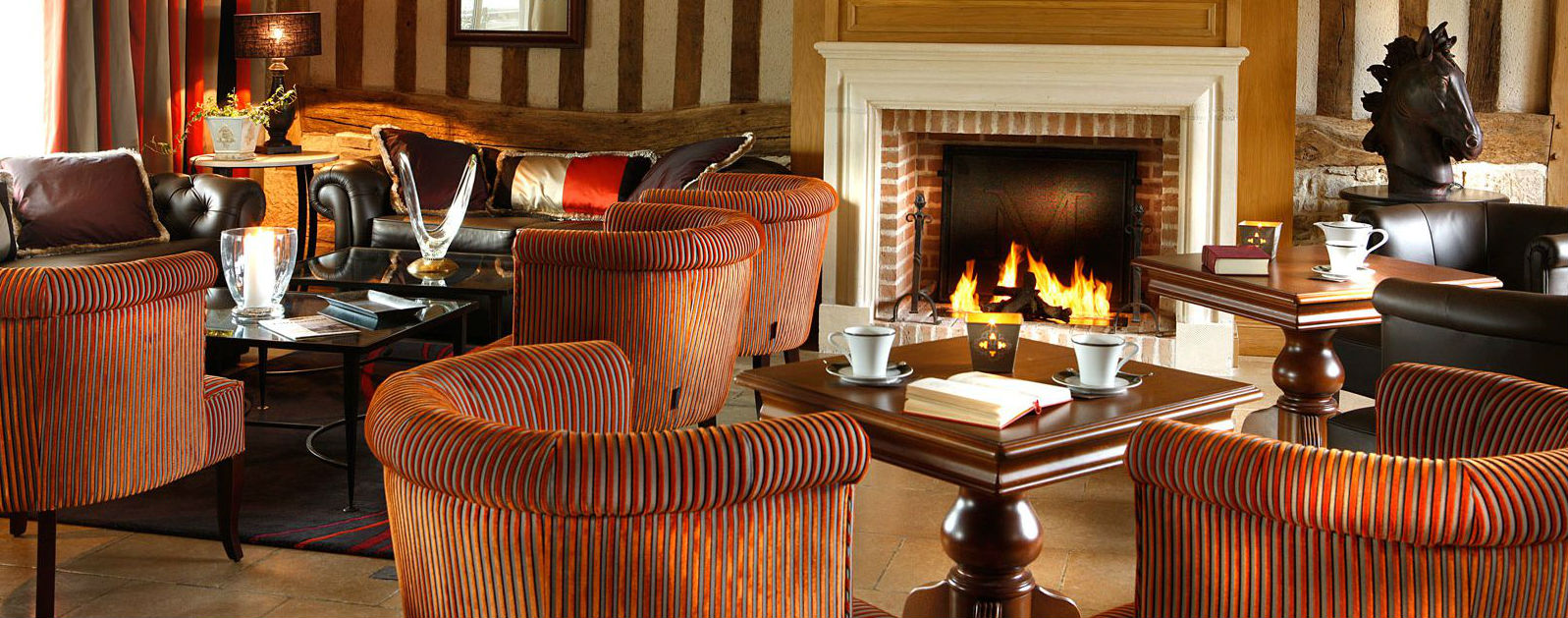
A free daily email with the biggest news stories of the day – and the best features from TheWeek.com
You are now subscribed
Your newsletter sign-up was successful
A half-timbered Norman manor set around a courtyard, you could be forgiven for thinking Les Manoirs de Tourgéville had been sitting in this lush patch of Calvados countryside since the time of William the Conqueror.
Au contraire, although the building may look like a historic estate, it was actually built in the 1970s as a film set.
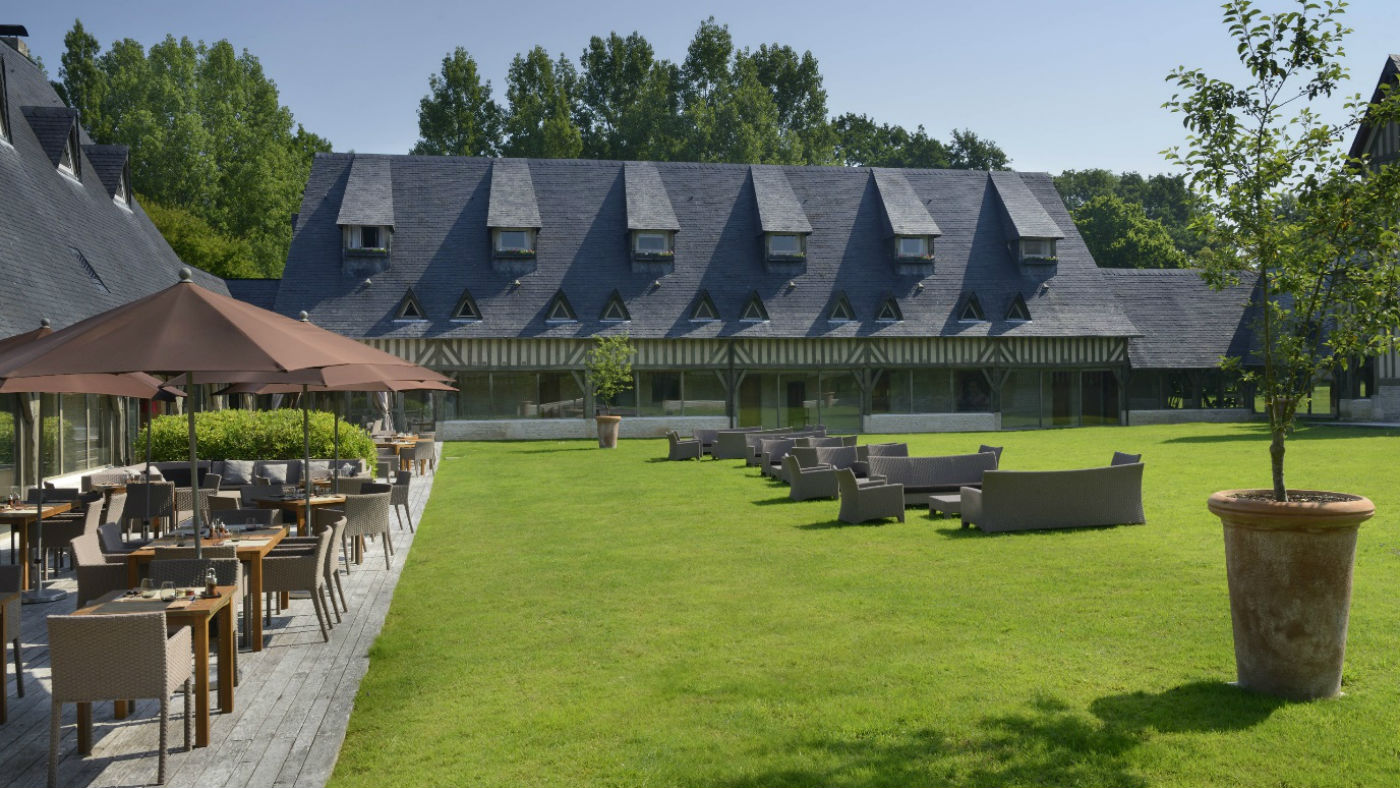
Director Claude Lelouch - best-known for the Oscar winning 1966 romance A Man and A Woman - planned to shoot a movie set in a Calvados hotel. Known for his painstaking and perfectionist productions, he purchased 20 hectares in Pays d’Auge, the eastern part of the region, and started building a real-life hotel.
The Week
Escape your echo chamber. Get the facts behind the news, plus analysis from multiple perspectives.

Sign up for The Week's Free Newsletters
From our morning news briefing to a weekly Good News Newsletter, get the best of The Week delivered directly to your inbox.
From our morning news briefing to a weekly Good News Newsletter, get the best of The Week delivered directly to your inbox.
By the time construction was complete, Lelouch had moved on to other projects - the planned film was never made. For the next three decades, the hotel, then called l’Hostellerie de Tourgéville, was a favourite destination for actors, filmmakers and cinephiles in town for the annual American cinema festival in nearby Deauville.
In 2009, Lelouch sold up to Groupe Floirat, who revamped and expanded the hotel into its current incarnation as Les Manoirs de Tourgéville.
Beyond the main building around the courtyard, the grounds of the hotel are also home to four large roundhouses - the titular “manoirs” - which can be hired as individual rooms or in two-storey blocks as a full-sized holiday apartment.
The decor is reminiscent of a cosy country farmhouse - many rooms boast wooden beams, and a fortunate few even have their own fireplace and chimney.
A free daily email with the biggest news stories of the day – and the best features from TheWeek.com
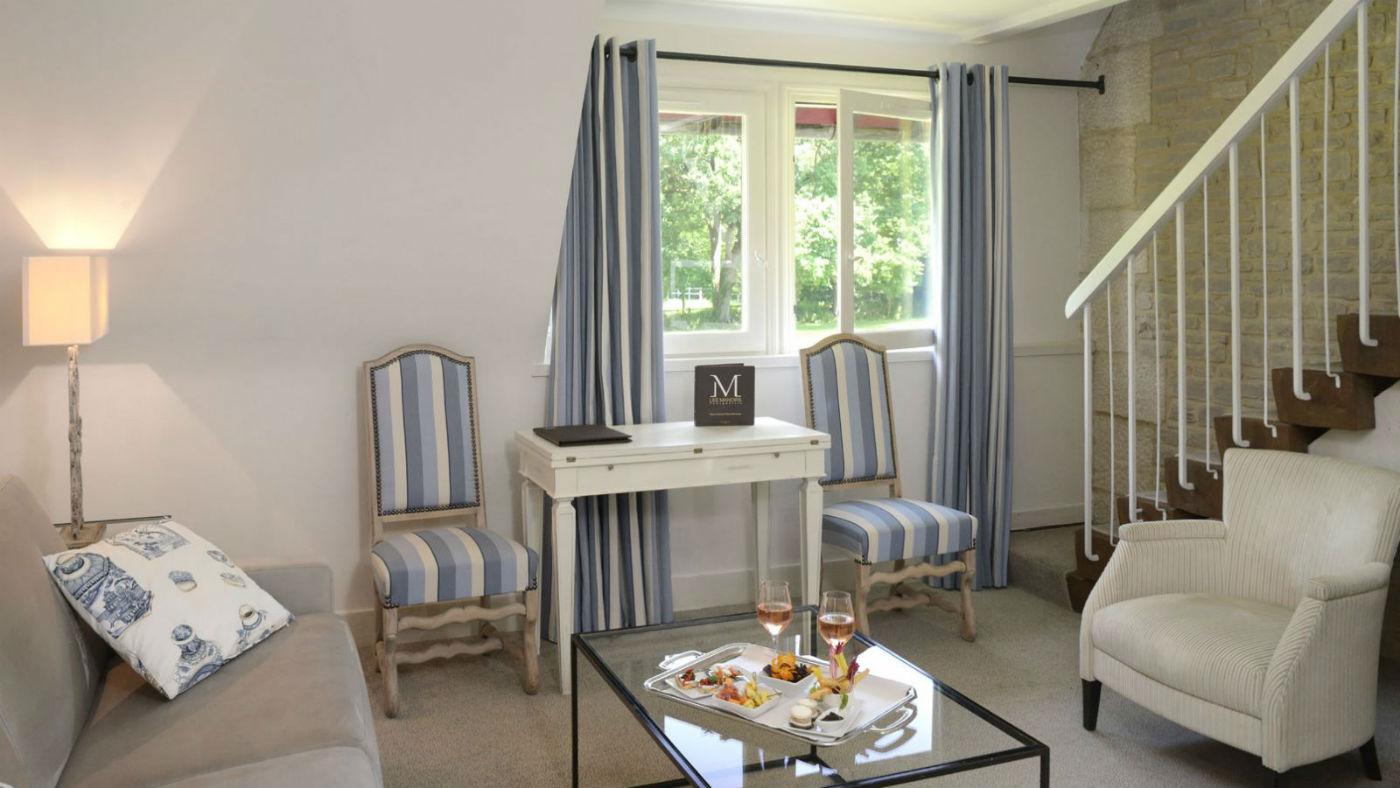
Each of the 57 rooms bears the name of a movie icon, from Hollywood stars like Elizabeth Taylor to homegrown heroes like Jean Gabin.
The hotel’s screening room, which can be reserved by guests, is another tribute to Les Manoirs’ cinematic origins.
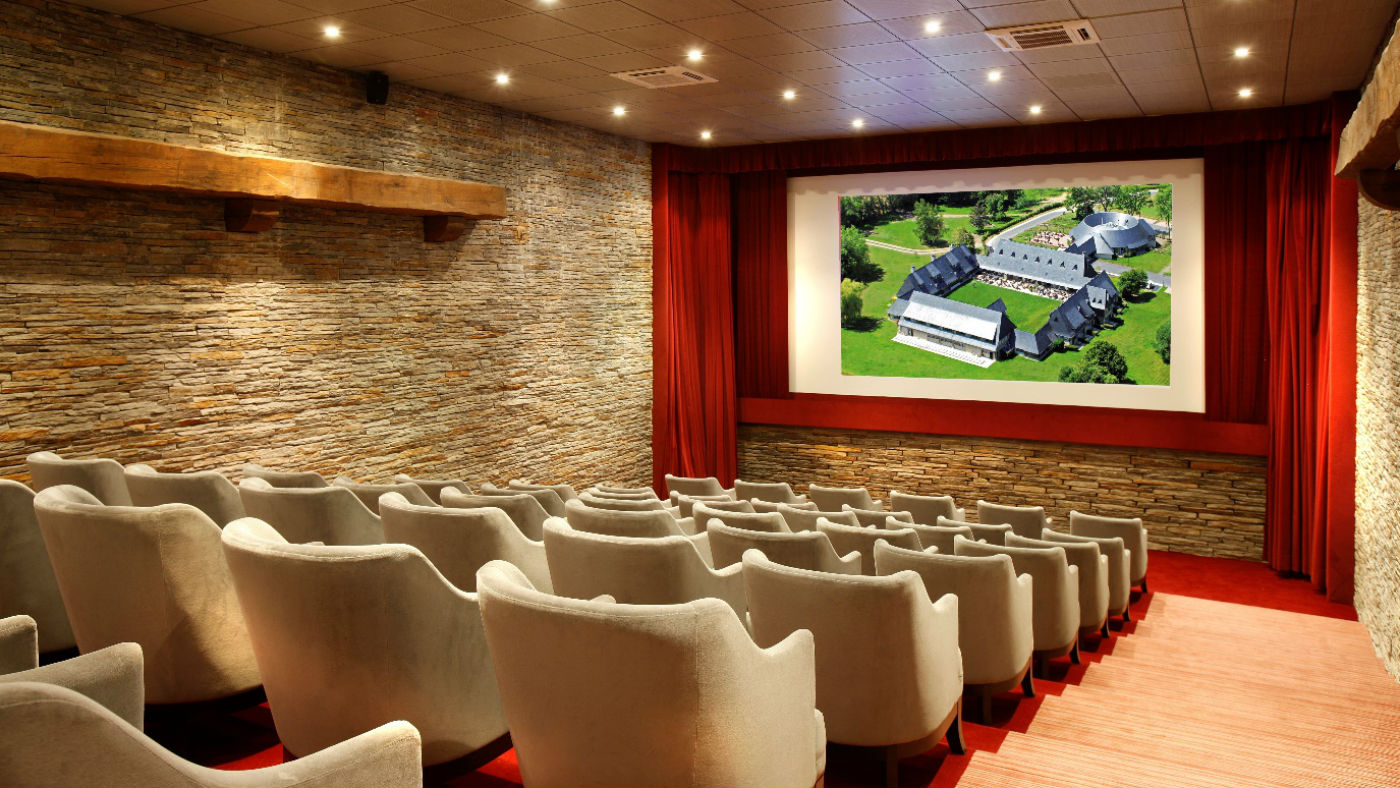
Other forms of relaxation can be found in the well-being centre, equipped with pool, sauna, gym and treatment rooms.
A lengthy spa treatment menu offers all the services you would expect - massages, salt scrubs, waxes etc. - but specialises in facials, using products from luxury Parisian skincare brand Esthederm.
As the sun sets, a local calvados enjoyed in front of a roaring fire in the lounge bar makes a perfect aperitif before heading into the hotel’s 1899 restaurant, named after the birth year of Groupe Floirat founder, tycoon Sylvain Floirat.
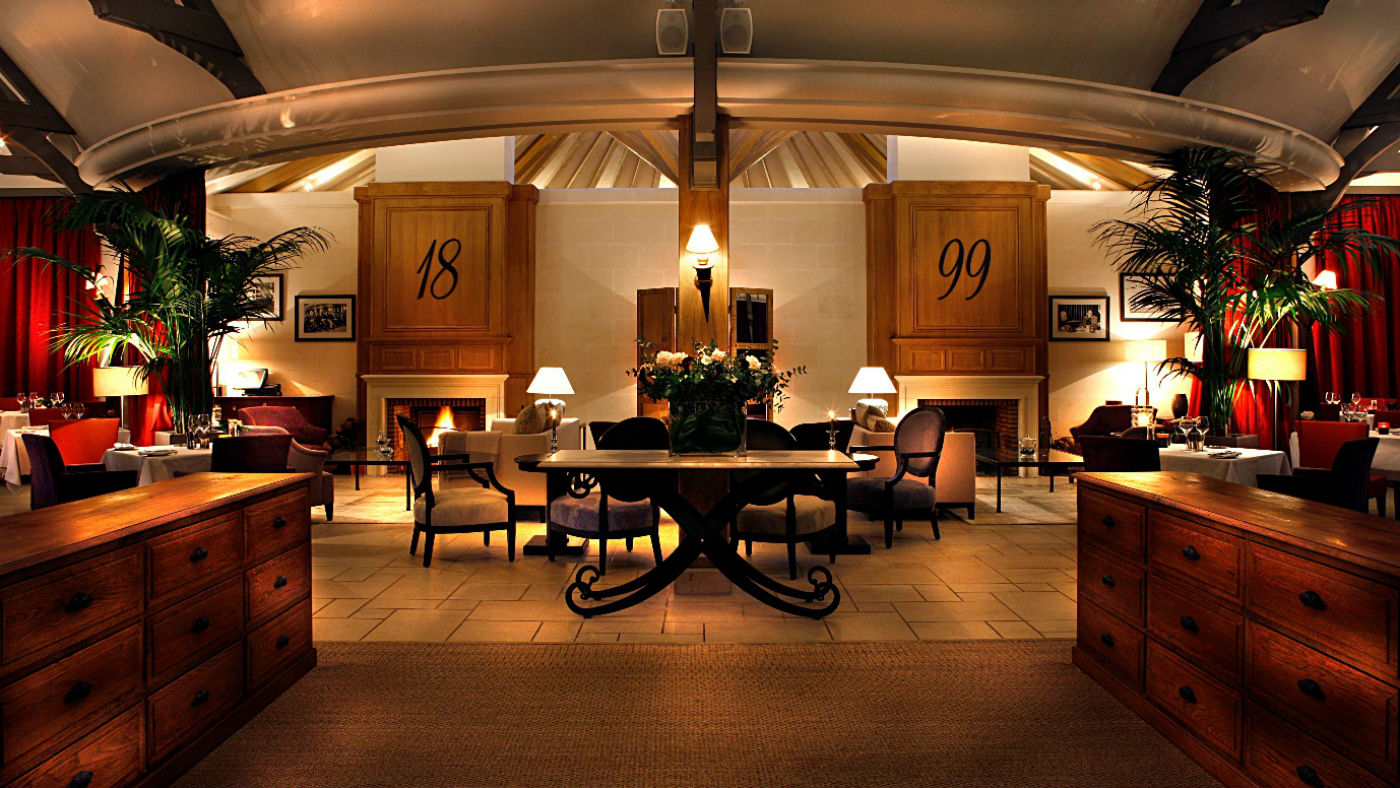
Emmanuel Andrieu, whose modest demeanour belies his culinary prowess, presides over the kitchen. Andrieu cut his teeth at another of the group’s three properties, Hotel Le Byblos in St Tropez, and his menu nods to sun-kissed Provencal lightness - fresh vegetables, vivid colours - as well as the heavier dishes typical to Normandy.
Poulet en cocotte, chicken cooked in a rich calvados cream and ladled out from a thick earthenware pot, is the highlight, although an impossibly fresh side of sole gives it a run for its money.
Local cheeses, fried apple doughnuts and a plate of bafflingly light waffles bring the meal to a sumptuous conclusion - we press for chef Emmanuel’s secret, but he demurs. “A lot of cream,” he murmurs, before disappearing back into the kitchen.
For many guests at Les Manoirs, one of the chief attractions is the hotel’s proximity to Deauville, one of France’s most glamorous seaside resorts, located ten minutes’ drive away.
Until the Duke of Morny, the half-brother of Napoleon III, identified it as the perfect site to build a summer resort for the Parisian aristocracy in 1862, Deauville was a sleepy seaside town.
The next few years brought a rapid transformation, precipitated by the construction of a direct train line to Paris, a casino and the Deauville-La Touques racecourse, all three of which remain among the town’s chief attractions.
But Deauville’s most iconic sight is, without doubt, the “planches” - the boardwalk which runs along the edge of the undulating sands.
A stroll along the wooden promenade takes you past a long row of cabins, each dedicated to an actor who has graced the town - from silent movie star Gloria Swanson to Harrison Ford.
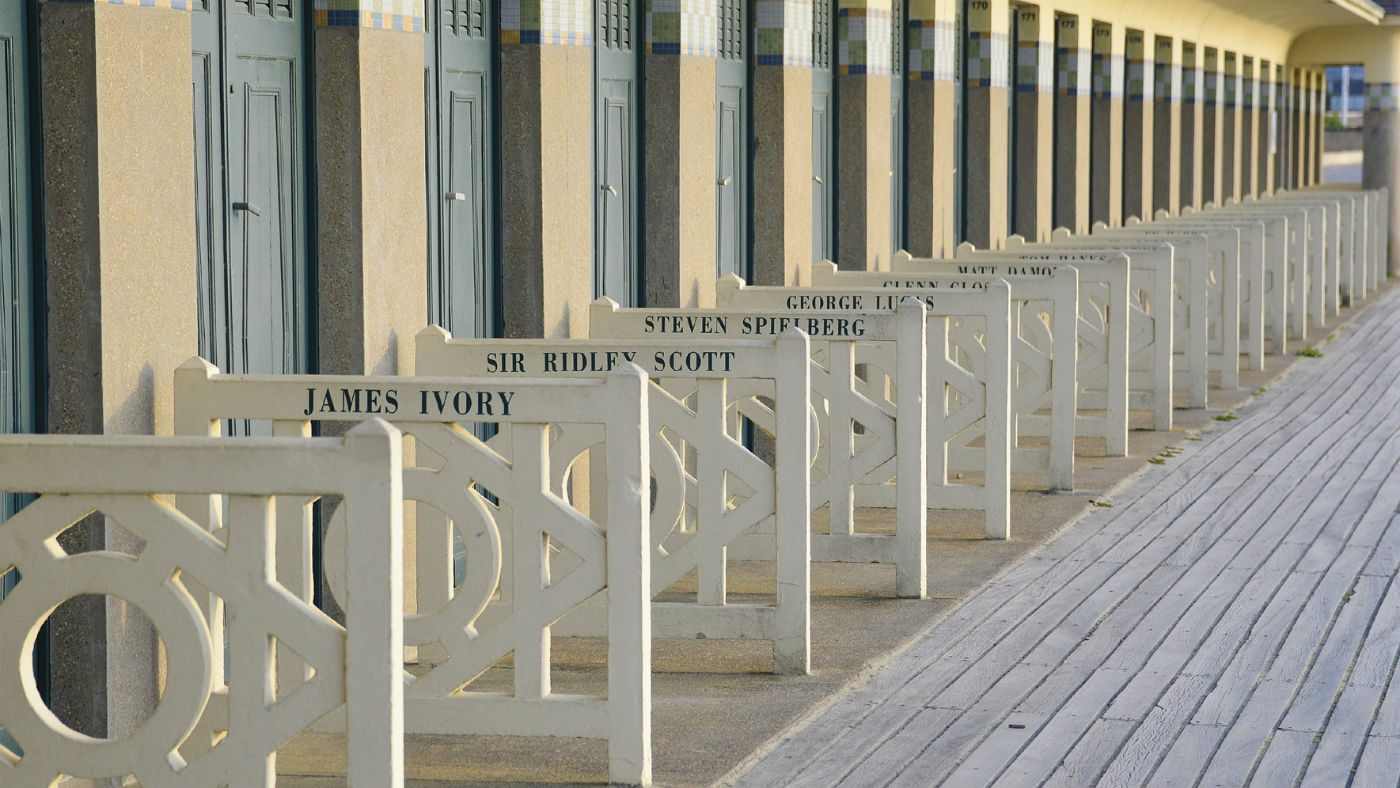
As well as hosting the annual Deauville American Film Festival, the town has appeared in iconic French films including Bob le Flambeur, Coco Before Chanel and Lelouch’s own A Man and A Woman.
Beyond the seafront, the manicured town centre is lined with handsome villas, elegant hotels and designer boutiques.
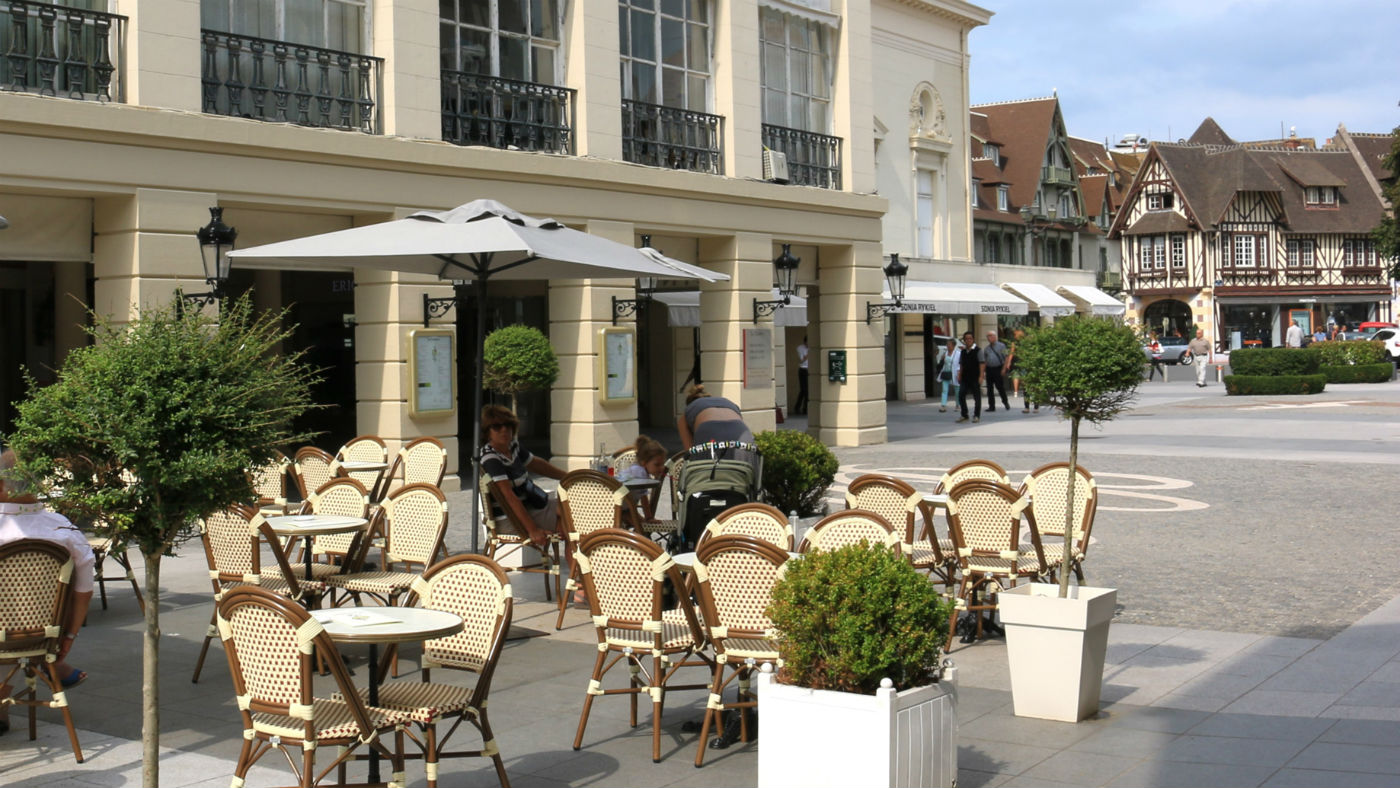
As you might expect, Deauville has no shortage of smart dining spots. Le Péniche, a moored boat just beyond the boardwalk, makes a suitably nautical spot for a chic but relaxed lunch washed down with a glass of local wine.
Honfleur, stands in bustling contrast to its upmarket neighbour, this medieval port town’s picturesque harbour and cobbled backstreets - captured in landscapes by Claude Monet - are alive with energy.
Wandering through the cobbled alleys, with their crooked, timbered buildings, it doesn’t take much imagination to feel this storied past.
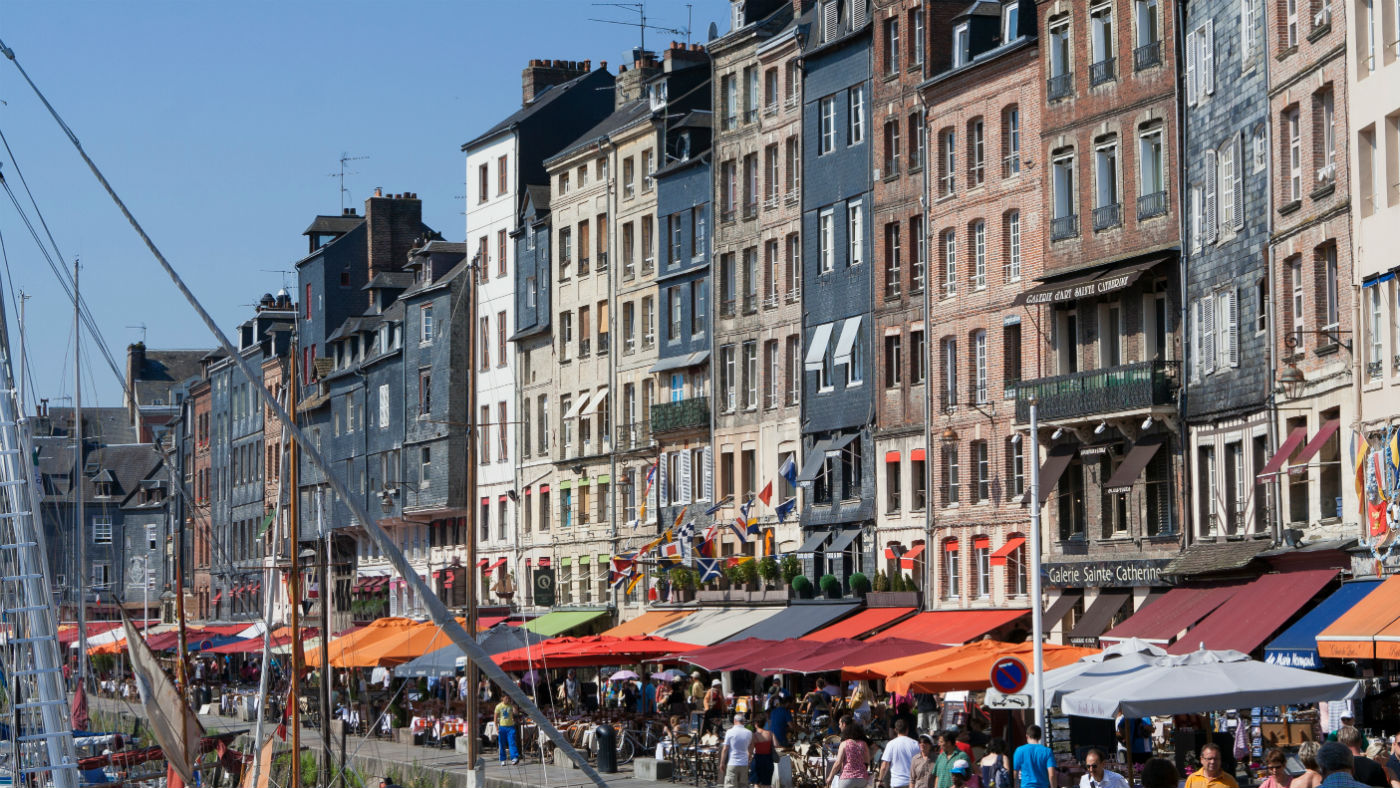
Signs of the town’s history are everywhere, including in street names. Our guide, Clémence, points out “Rue de l’homme de bois” - wooden man street - a reference to the name used by sailors to refer to their human cargo during Honfleur’s 18th century boom as a slave trading port.
The Saturday market outside St Catherine’s Church - one of the oldest surviving wooden churches in Europe - is a must, overflowing with fresh farm produce geared towards locals rather than tourists.
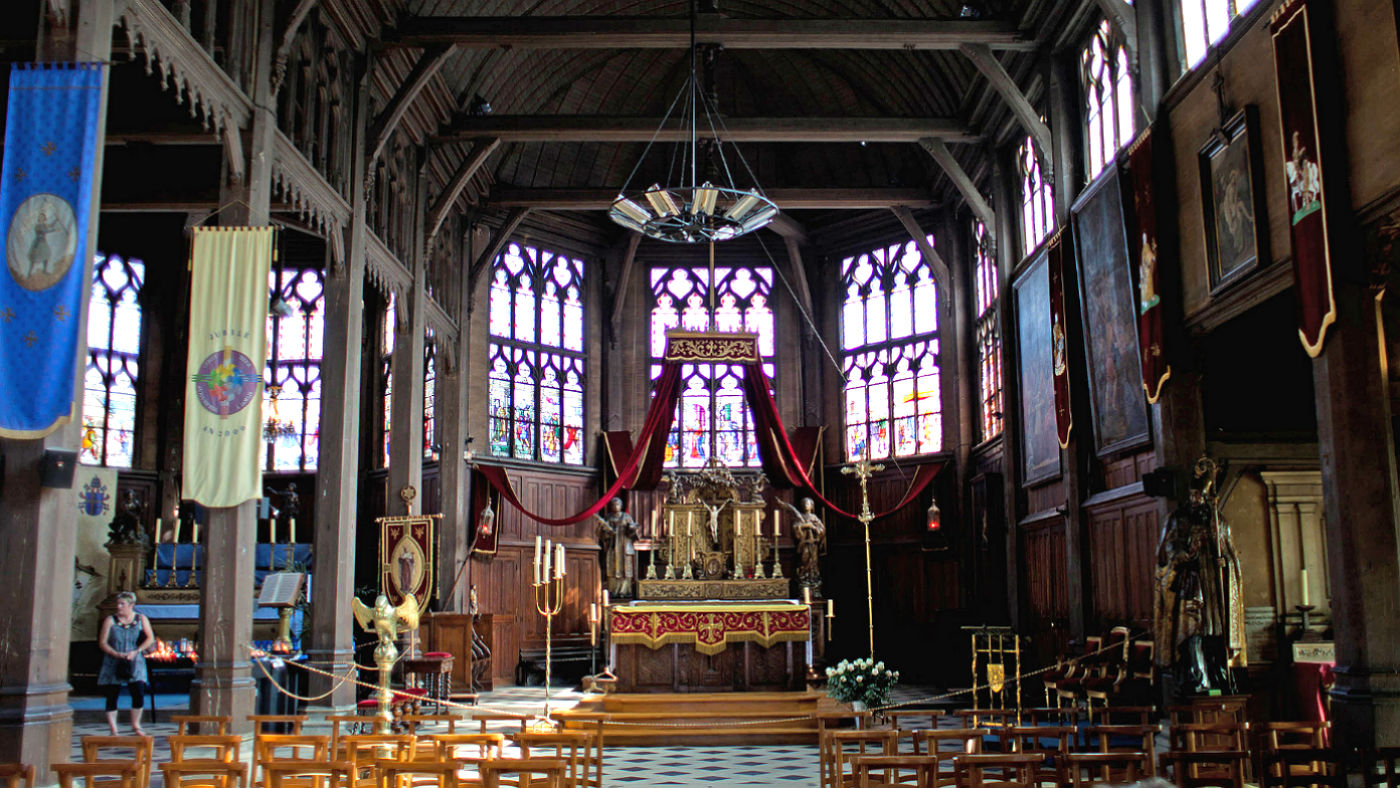
The narrow streets around the market are a delight to explore, crowded with shops selling local handicrafts and regional delicacies - including several stores entirely devoted to calvados.
When it comes to dining options, L’Absinthe, located just off the harbour, offers some of the best - the highlight of a seafood-heavy menu being a slab of thick, meaty hake served with a moreish caviar of smoked aubergine.
The restaurant gives a commanding views of the outer harbour, while its exposed stone walls and twisting wooden staircase hark back to its origins as a barracks for English soldiers during the Hundred Years War.
It is a reminder of the millennium of shared history between Great Britain and the Normans next door. Yet despite historical and geographical proximity, the eastern area of the region remains an undiscovered gem to the majority of Britons.
It’s an oversight worth correction. Whether your passion is for cinema, gastronomy or simply relaxing in the lush Norman countryside, you can find a home from home in the Pays d’Auge.
Rooms at Les Manoirs de Tourgeville start from €180 (£155) for a manoir room.
A direct train from Paris St. Lazare to Trouville-Deauville station takes approximately two hours and runs multiple services per day.
Ferry services from Portsmouth run to Le Havre and Caen, both around 45 minutes from Les Manoirs by car.